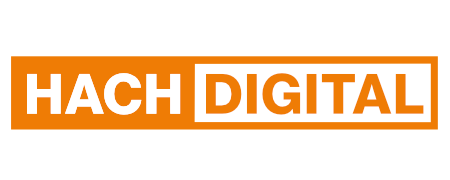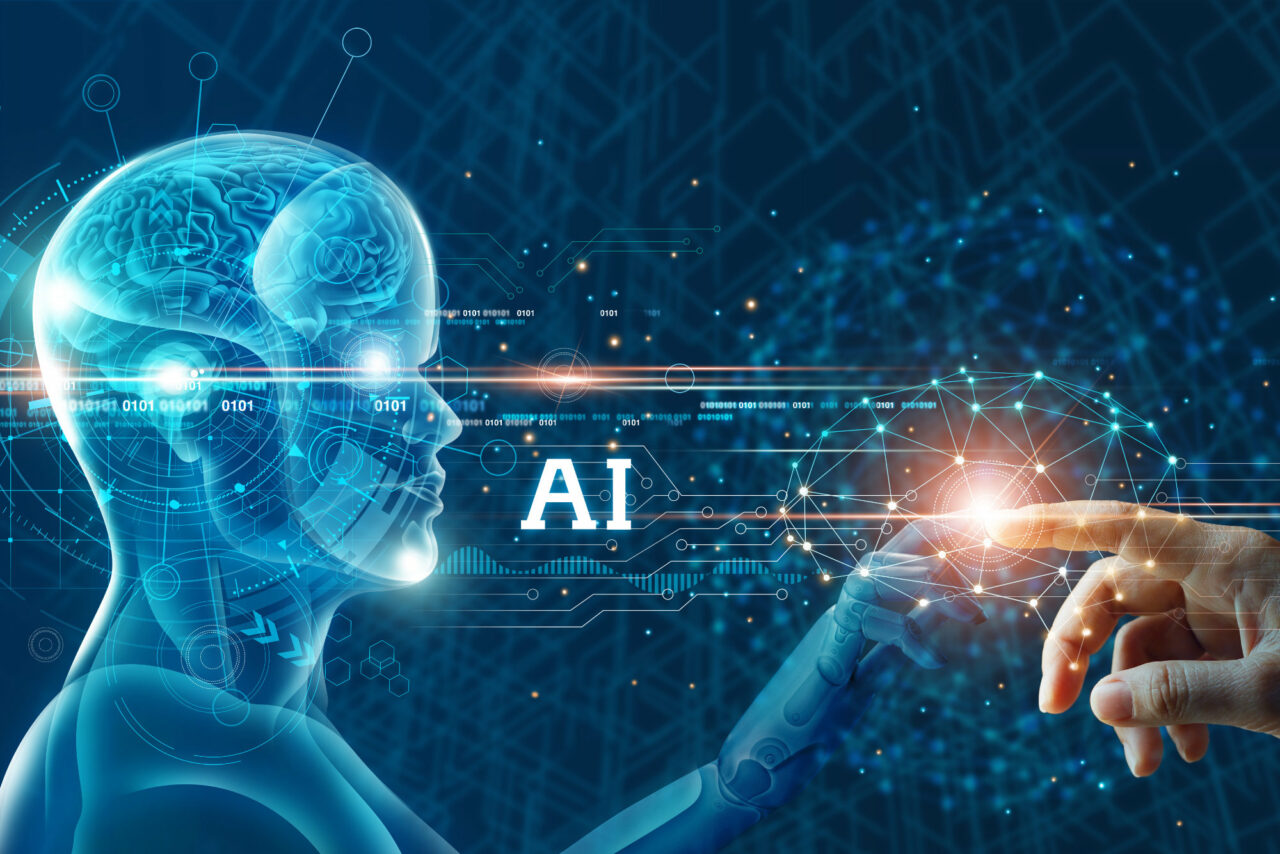The rapid pace of change in today’s world is undeniable. Automation and digitalization are often seen as the key to maintaining adaptability in the face of new challenges and opportunities. As a result, digital skills have become highly valued in hiring processes. The critical question is how much flexibility and digital enthusiasm are truly necessary for companies to reinvent themselves successfully.
Originally developed in the field of motivational psychology, the concept of mindset describes the differences in how people approach new challenges, experimentation, and failure. It distinguishes between two personality types, both of which can be successful in their own way. Those with a “fixed mindset” seek validation of their existing abilities and respond best to positive reinforcement. In contrast, individuals with a “growth mindset” embrace challenges, view setbacks as opportunities for improvement, and remain open to new experiences.
Adaptability as a Competitive Advantage
Many industries are currently undergoing fundamental transformations, forcing companies to replace long-standing habits with new approaches. Practices that were once essential for decades may suddenly become obsolete. This reality is pushing HR departments to prioritize hiring employees who can thrive in dynamic environments. When an industry faces disruption, innovation becomes a necessity for survival.
Often, there is little time to make these changes in a gradual, controlled manner. The rapid advancement of AI tools and their impact on business structures highlight this challenge. Implementing new technologies takes time, and employees must also adjust their work processes. While younger generations may find digital tools intuitive, those who started their careers before widespread digitalization may need to completely rethink their workflows.
What Defines a Digital Mindset?
Given the accelerating changes, the concept of a digital mindset has emerged as an extension of the growth mindset, specifically tailored to embracing technological progress. While not everyone needs to be a tech expert, enthusiasm for digital solutions, a willingness to experiment, and structured thinking provide significant advantages in today’s workplace.
Three key characteristics define a digital mindset: openness to new ideas, creativity and adaptability, and familiarity with modern work models such as agile and results-driven methodologies. Teams that combine these qualities are more capable of managing transformation effectively than those with a traditional outlook.
The Evolving Approach to Talent Acquisition
HR departments recognize these new demands and actively seek employees with a digital mindset. However, identifying these skills through a résumé alone is challenging. Many companies now use workshops or project-based assessments in their hiring processes to evaluate adaptability and problem-solving abilities. It is not just about digital literacy—spending leisure time in front of a screen does not necessarily indicate a digital mindset.
When expanding teams, recruiters also focus on balancing different personality profiles to ensure diversity of thought and problem-solving approaches. At the same time, most companies invest in developing existing employees to foster this mindset internally.
Cultural Shifts Driven by Digital Thinking
Many traditional workplace structures and company cultures are incompatible with a digital mindset. To fully embrace digital transformation, organizations must make significant adjustments to processes, expectations, and management approaches. From the perspective of long-time employees, these changes can feel like a complete reinvention of the company, leading to a fundamental shift in workflows and priorities.
However, for businesses to remain competitive, these shifts are often unavoidable. Superficial digitalization efforts or half-hearted AI implementations will not be enough to secure long-term success. A partial commitment to digital transformation is unlikely to yield meaningful results—companies must fully embrace change to stay ahead.
What Is Your Take?
How digital is your company or startup? Does your team have a strong digital DNA? Where do you see the biggest challenges in this transition?
We would love to hear your thoughts. Share your feedback, questions, and insights — let’s discuss!

